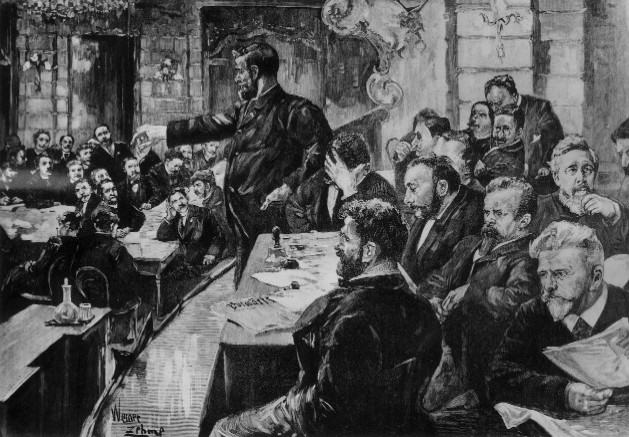The project at the Institute of Communication and Media Studies at Leipzig University examines the relationship between the labor movement and the mediatized public in the 19th and early 20th centuries. The project is funded as part of the Gerda Henkel Foundation’s funding program “Democracy – Democracy as Utopia, Experience and Threat”.
Since its emergence in the 19th century, the European labor movement has been in a tense relationship with the public sphere constituted by the media. Due to the experience of state repression, freedom of expression and freedom of the press were among the movement’s most important demands. At the same time, however, the movement also saw itself in danger from public communication and considered itself to be surrounded by an all-powerful liberal and conservative press. Against this backdrop, the research project aims at examining the relationship between the labor movement and the mediatized public as a history of conflict over democracy by examining the example of German Social Democracy in an international context. To this end, it pursues three research questions: What ideal visions of a democratic public sphere did the labor movement pursue and how did these change over time? What practices and media policy concepts did actors in the labor movement develop? What was the relationship between the bourgeois press and the labor movement? Three sub-projects are analyzing publications and archival materials from actors in media and educational work and the Independent Social Democratic Party (USPD) as well as bourgeois newspapers and magazines.
The project is funded by the Gerda Henkel Stiftung (List of funded projects).


